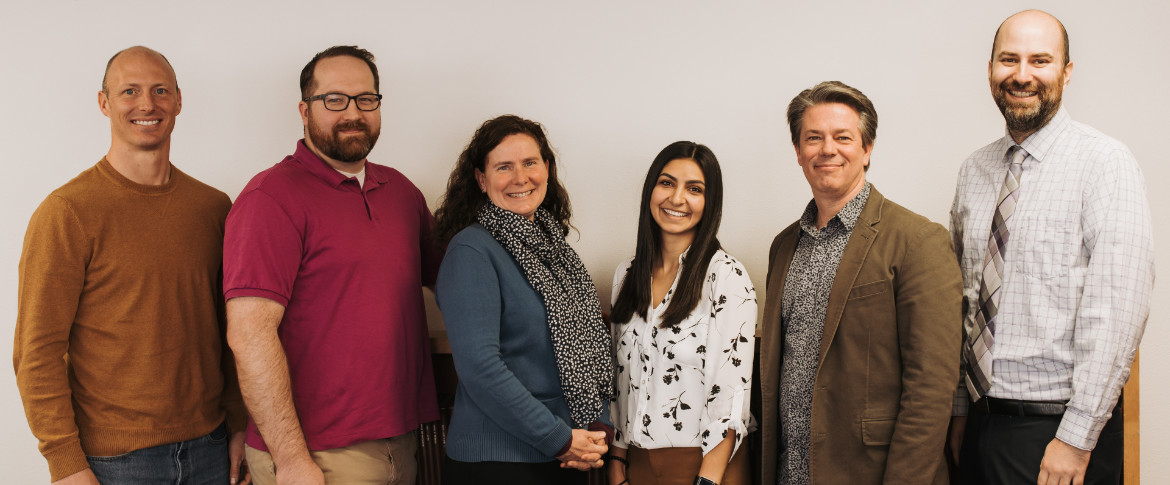Objectives and Scope of the Clinical Psychology Program
The ISU Doctoral Program in Clinical Psychology was constructed in the late 1980s and approved by the State Board of Education in 1991 for the express purpose of educating empirically oriented generalist practitioners of clinical psychology. Our program is guided by four critical aims:
Our program strives to produce students who become competent clinical psychologists who recognize the reciprocal relationship between science and practice and integrate research and theory from diverse areas of psychology into their evidence-based practice. We use a scientist-practitioner clinical training model to train students in diverse range of clinical settings (e.g., inpatient, community mental health, forensic settings, counseling centers, private practice) to meet its mission to train competent clinical psychologists who can apply and adapt general conceptual and technical skills in diverse regional and professional settings.
Our program strives to produce students who can comprehend and critically evaluate psychological science and plan, execute, and disseminate research relevant to the field of psychology. Students develop rigorous knowledge of research methodology, including experimental design and analysis, that provides strong critical and integrative thinking skills as well as the fundamentals needed to be an active and informed consumer of clinical research. Doctoral level scholarship is an integral component of our training, and students are required to conduct original empirical research. Clinical students may elect to be mentored by any full-time faculty member of the Psychology Department, including members of the ISU Doctoral Program in Experimental Psychology.
Our program strives to produce students who have knowledge of and embody the ethical standards of the profession of psychology and who demonstrate appropriate professional conduct and professional interpersonal relationships. Ethical principles and practice are integrated at all levels of training and in all training settings.
Our program strives to produce students who value cultural and individual differences and diverse value or belief systems and effectively integrate diversity into case conceptualization, assessment, and treatment delivery. Our program promotes the integration of all aspects of diversity in clinical practice. This means teaching students to match evidence-based approaches to clinical care to diverse individuals and interacting social systems, and how to tailor and/or adapt that treatment to specific cases. This also means teaching students to integrate awareness and navigation of personal biases that may influence their ability to deliver effective clinical care.
The clinical training program at ISU has been accredited by the APA Commission on Accreditation since 2001. We continue to work with the APA to ensure that the program evolves consistently with national professional criteria. For information regarding program accreditation status, contact the American Psychological Association's Office of Program Consultation and Accreditation at 750 First Street, NE, Washington, DC, 20002-4242, by phone 202-336-5500, or apaaccred@apa.org.
The Psychology Department is located on the fourth floor of Garrison House on ISU’s upper campus. All graduate students get office space either in the Department of Psychology or in relevant locations on ISU’s campus. The Idaho State University Psychology Clinic, on the fifth floor, provides individual therapy rooms, a child/family room, testing rooms, and a group therapy room, all equipped with observation, sound, and recording capabilities. To go to the Psychology Clinic webpages, please click the link in the menu at the top of this page. Research labs are assigned to all full-time faculty members of the Psychology Department.
A local network of mental health agencies and other organizations provide external practicum sites and funding sources for clinical graduate students. There are adequate facilities available to meet the needs of experimental laboratory courses and independent research projects. Additional facilities include a university-managed animal colony, the university library, a university computer center located near the department, and computer labs in both the department and the clinic for graduate student use.

